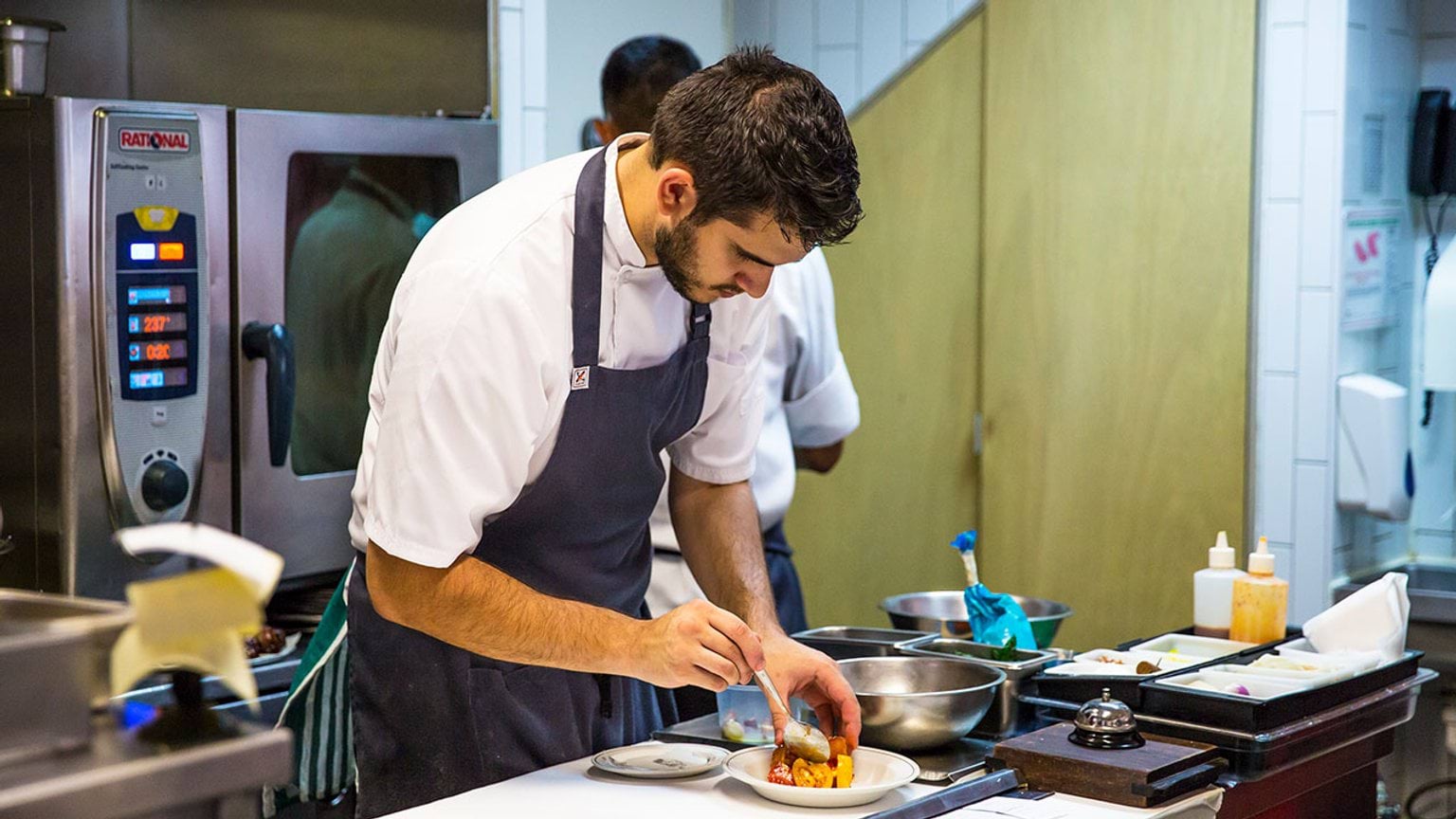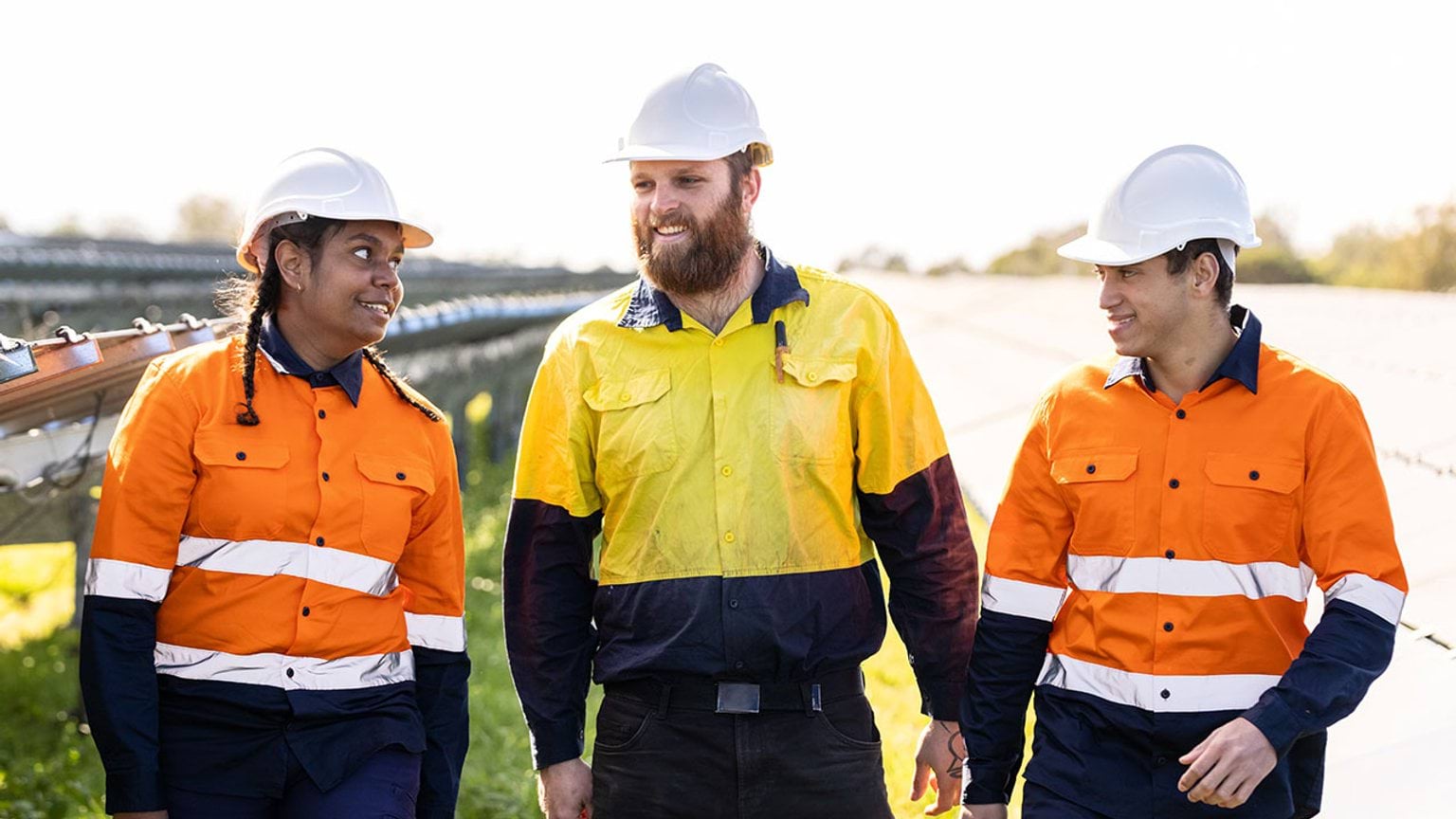Marketing content creators use digital media to promote products and services. If you’re creative and tech-savvy, this role could be for you.
Find out what a marketing content creator does and the related Vocational Education and Training (VET) courses and pathways you can take to secure a job.
What is a marketing content creator?
Marketing content creators create and publish text, photos and video. They use content to promote brands, products or services online, including social media.
In this role you may:
- create and edit text, photos and video
- publish content online and on social media
- grow audiences and build brand awareness
- create and manage content schedules.
Find out more about retail content creators(opens in a new window) and these related jobs on the Victorian Skills Gateway(opens in a new window):
- advertising specialist(opens in a new window)
- copywriter(opens in a new window)
- digital marketing analyst(opens in a new window)
- marketing specialist(opens in a new window)
- media producer(opens in a new window)
- multimedia designer(opens in a new window)
- multimedia specialist(opens in a new window)
- web administrator(opens in a new window).
Related training courses
Explore these related TAFE and training courses on the Victorian Skills Gateway(opens in a new window):
- business(opens in a new window)
- graphic design(opens in a new window)
- marketing(opens in a new window)
- screen and media(opens in a new window)
- writing and editing(opens in a new window).
You may be eligible for government funding to help pay for your course.
Median salary
The median weekly earnings for advertising and marketing professionals in Australia is $1,803.
Source: Jobs and Skills Australia(opens in a new window)
Note this salary is current as of January 2025 and is indicative only. A range of salaries apply to different roles across the industry.
Job demand in Victoria
Below are the projected employment for advertising and marketing professionals jobs in Victoria. Figures show the number of workers in 2024 and the new workers expected to enter the workforce by 2027 and 2034.
‘New workers expected’ accounts for workers adding new jobs to the economy and replacing retirees over the next 3 and 10 years. These projections are estimates only. There will be additional jobs available as people move between jobs and industries.
Specific data is not available for marketing content creators.
| Region | Workers 2024 | New workers expected by 2027 | New workers expected by 2034 |
|---|---|---|---|
| Victoria | 27,130 | 2,708 | 8,723 |
| Melbourne – inner metropolitan | 12,920 | 1,450 | 4,547 |
| Melbourne – inner south-east metropolitan | 2,923 | 246 | 793 |
| Melbourne – southern metropolitan | 2,750 | 223 | 694 |
| Melbourne – northern metropolitan | 1,967 | 209 | 730 |
| Melbourne – eastern metropolitan | 3,207 | 225 | 749 |
| Melbourne – western metropolitan | 1,572 | 203 | 667 |
| Ballarat and surrounds (Central Highlands) | 249 | 20 | 72 |
| Bendigo, Echuca and surrounds (Loddon Campaspe) | 256 | 22 | 75 |
| Geelong, Colac and surrounds (Barwon) | 761 | 56 | 245 |
| Gippsland | 204 | 17 | 52 |
| Horsham and surrounds (Wimmera Southern Mallee) | 25 | <10 | <10 |
| Mildura, Swan Hill and surrounds (Mallee) | 50 | <10 | <10 |
| Shepparton, Seymour and surrounds (Goulburn) | 64 | 10 | 26 |
| Wangaratta, Wodonga and surrounds (Ovens Murray) | 120 | 22 | 55 |
| Warrnambool, Hamilton and surrounds (Great South Coast) | 61 | <10 | <10 |
Source: Victorian Skills Authority Employment Projections Dashboard
Resources to plan your next steps
Visit our retail industry profile to find out about:
- what it’s like to work in retail, and some of the jobs you could do
- training and skills to work in the industry, and financial assistance to help pay for your course
- help getting a job in retail, and industry job projections for Victoria
- other free resources and advice to plan your training and career.
Explore growing industries in your region
Updated



